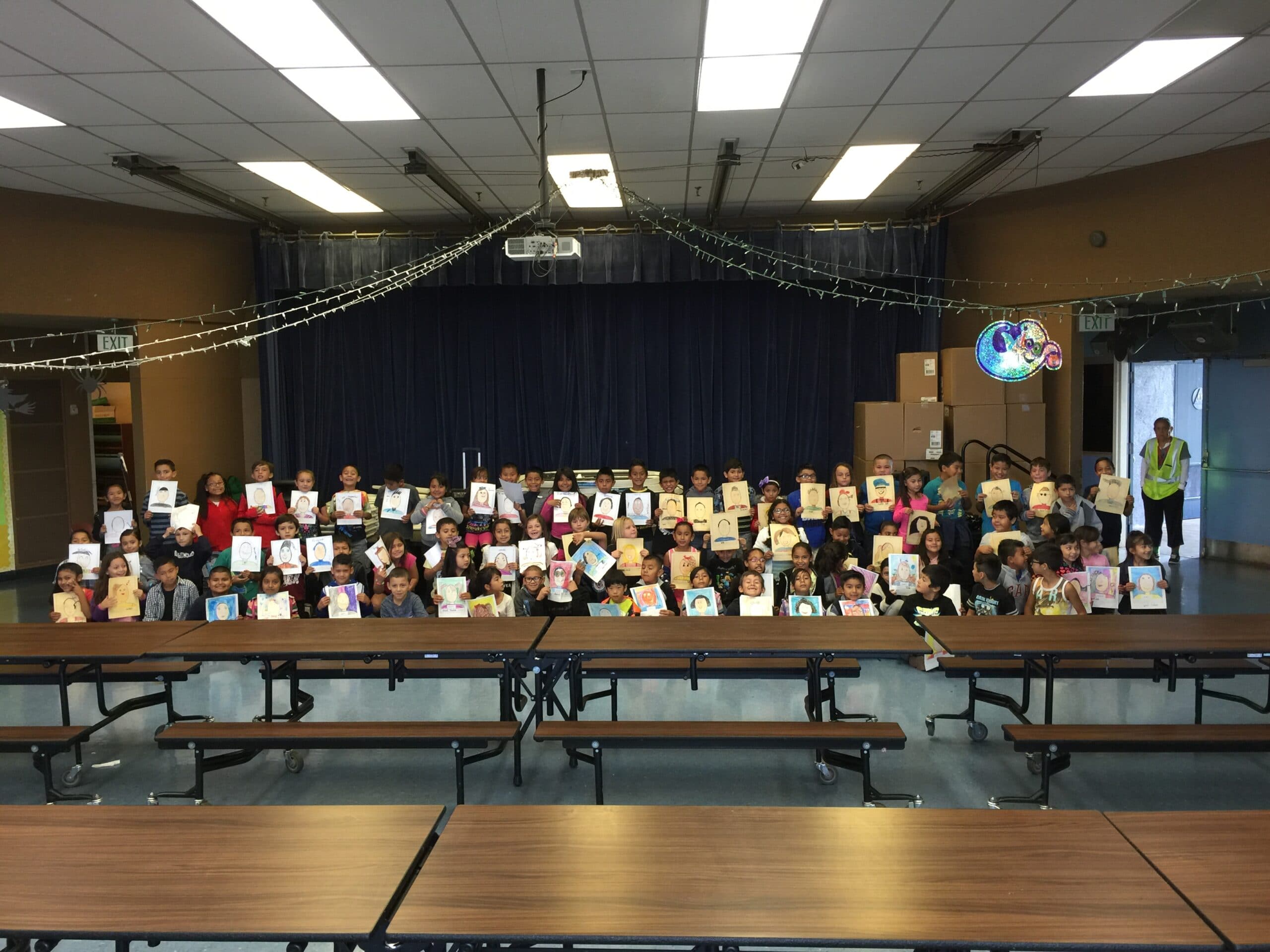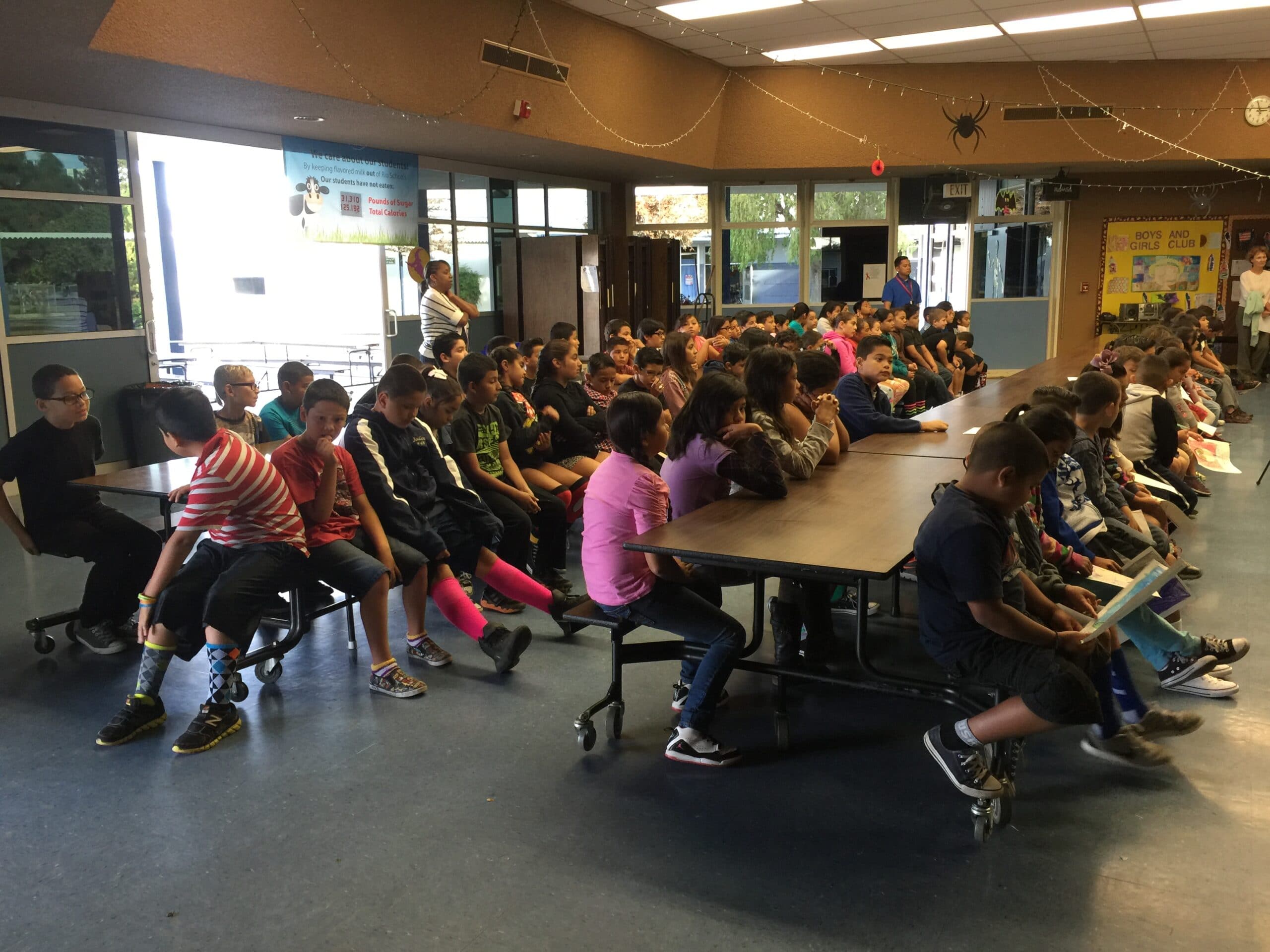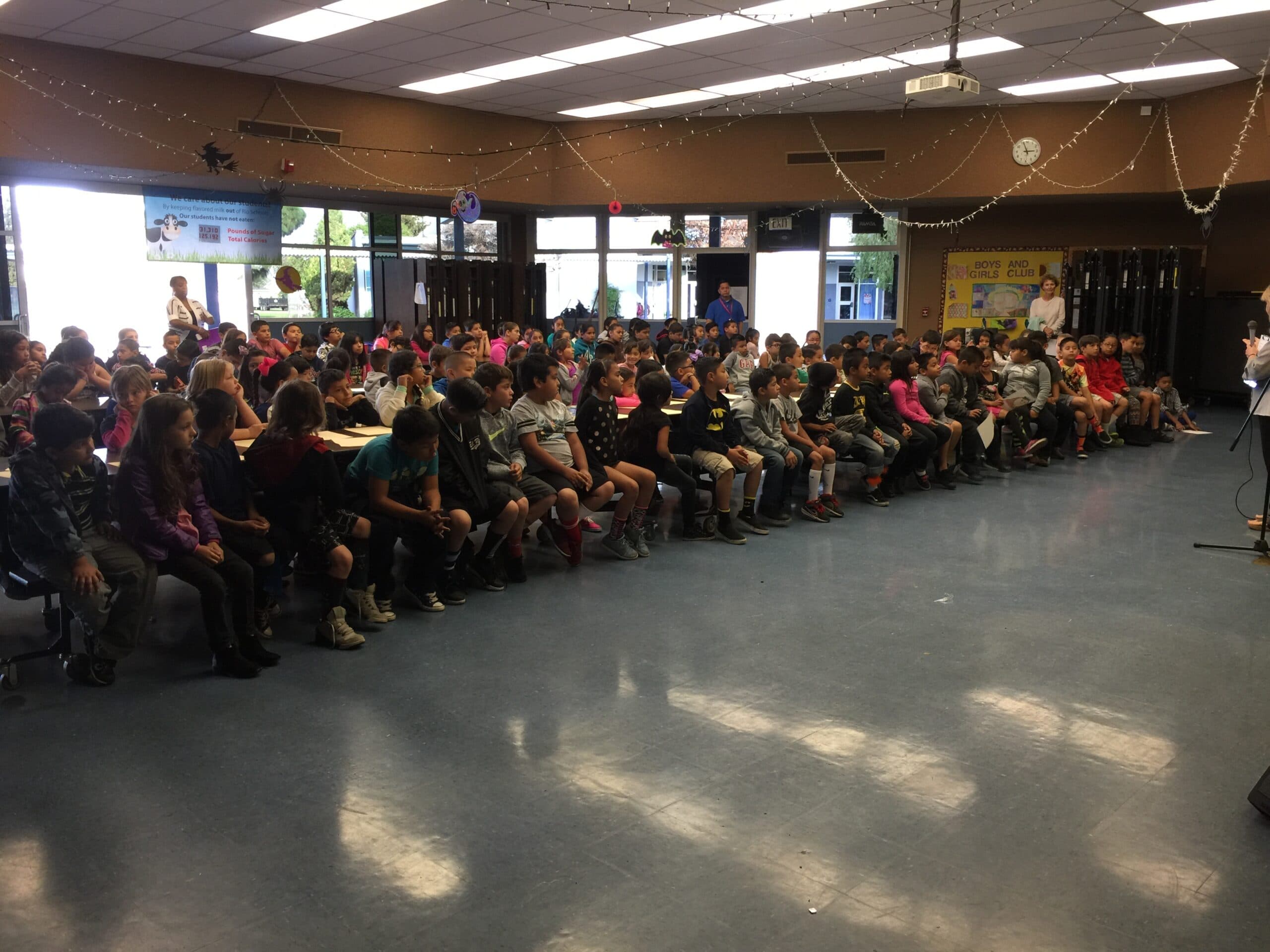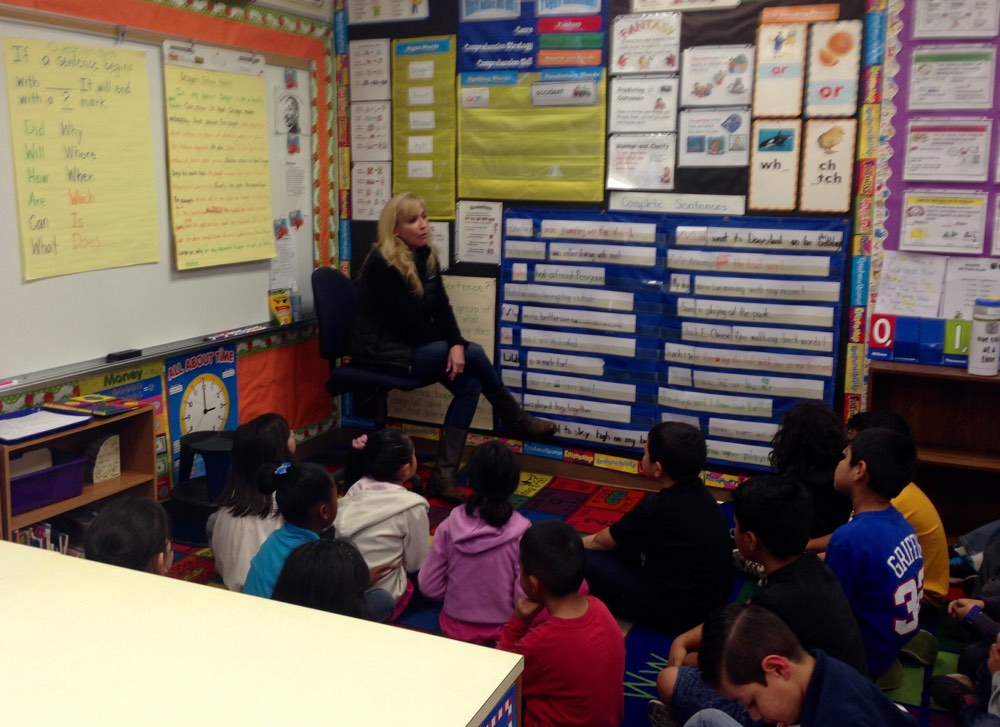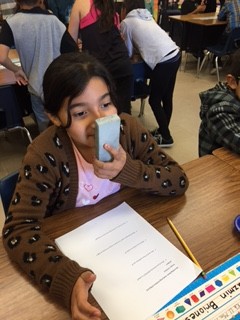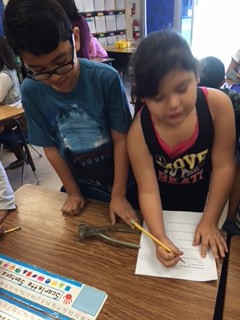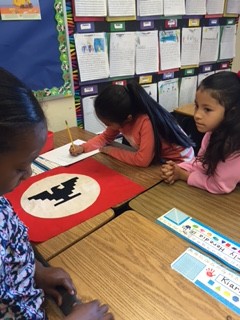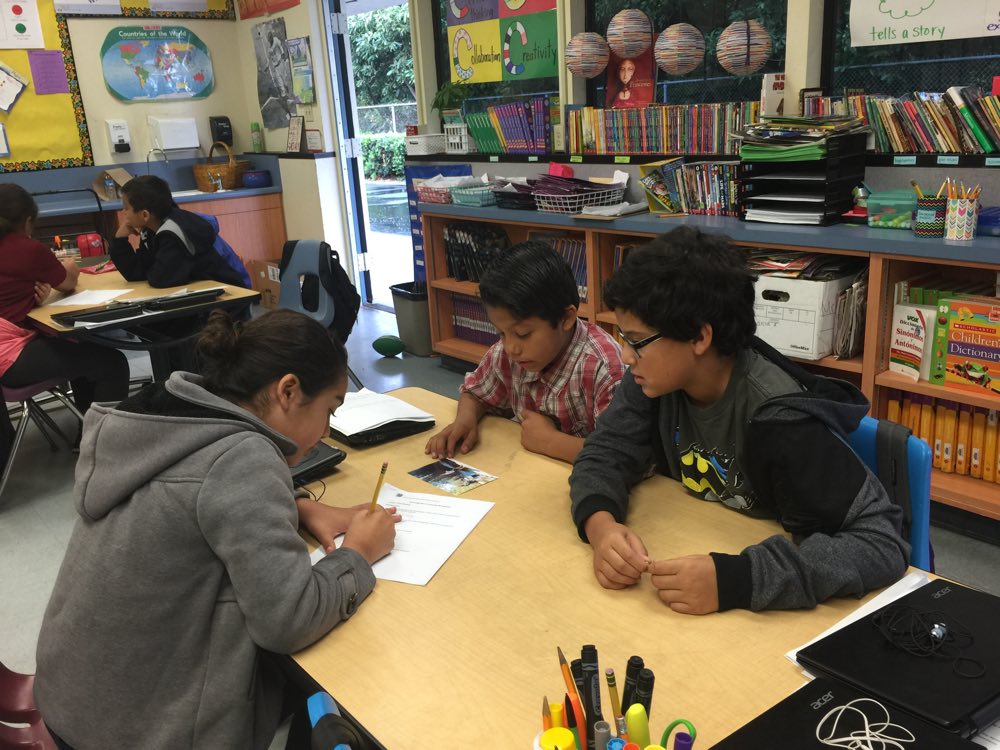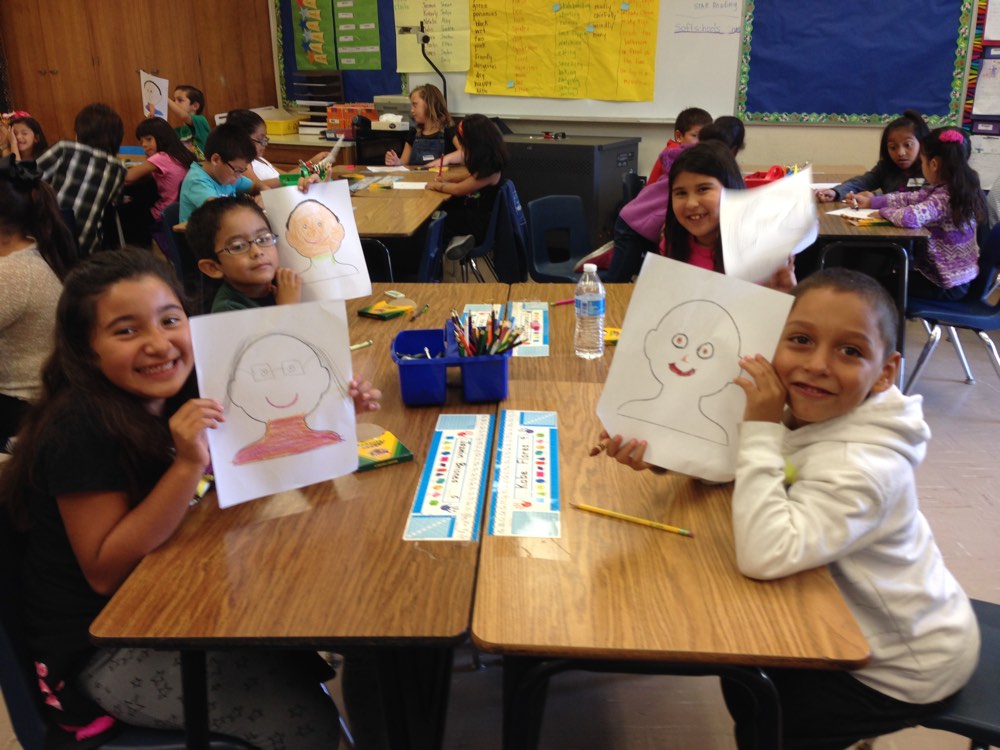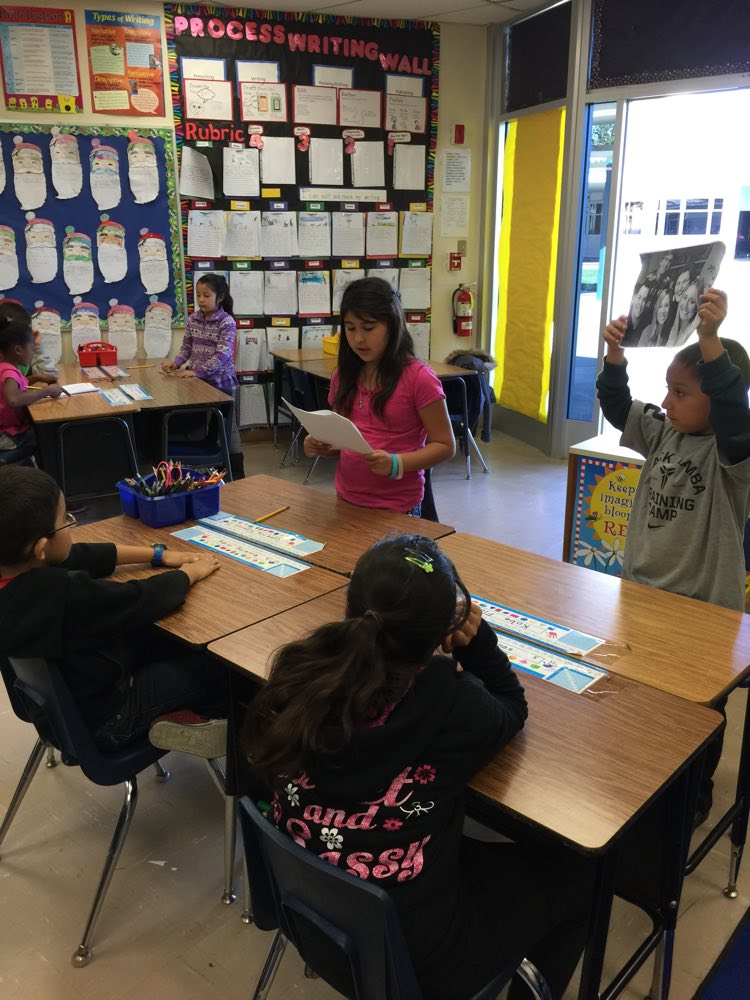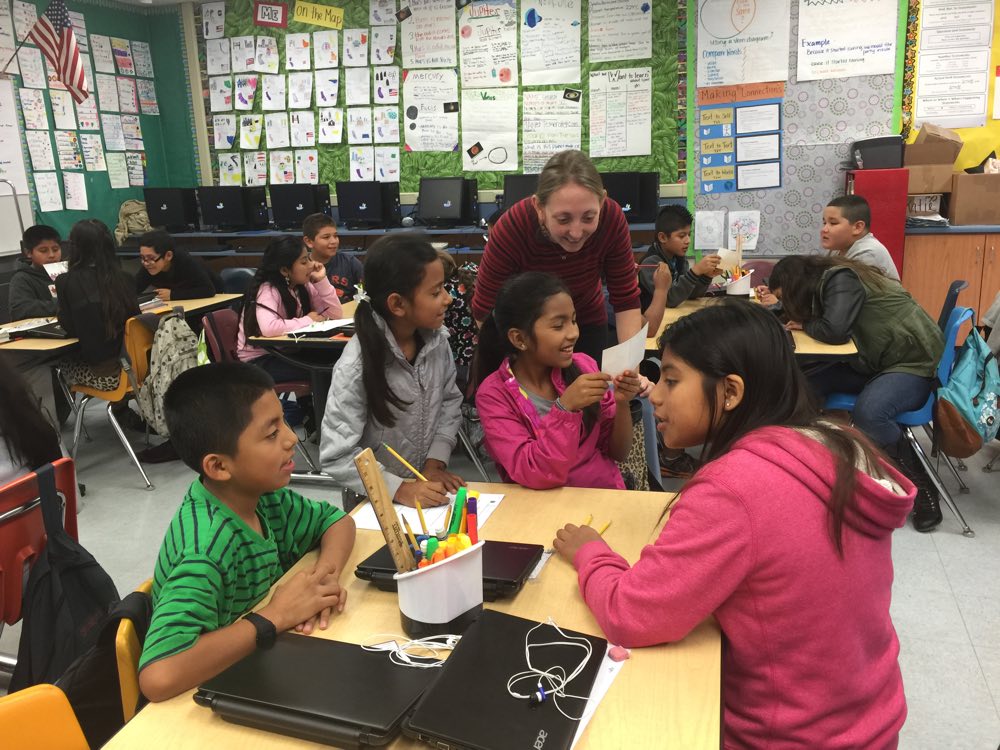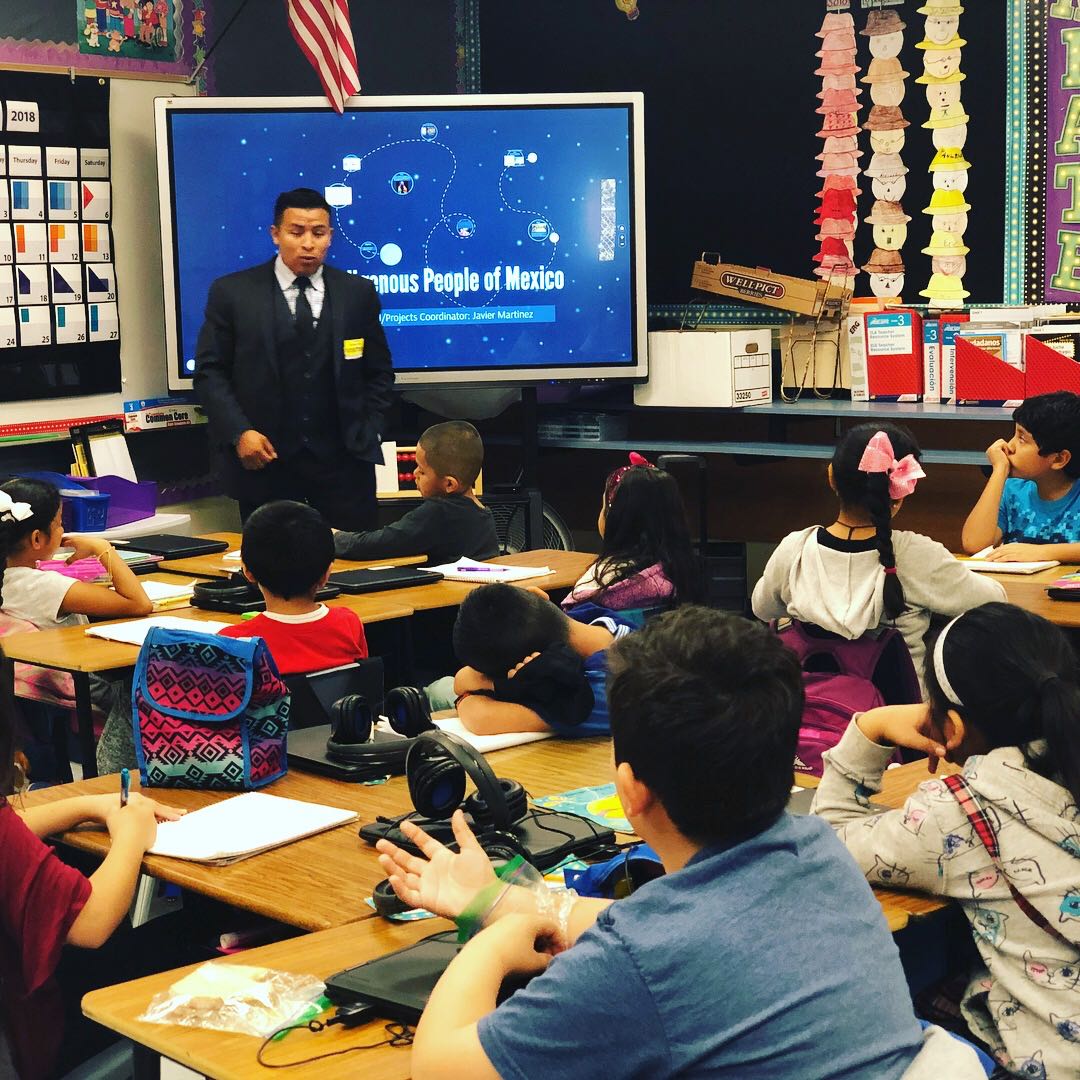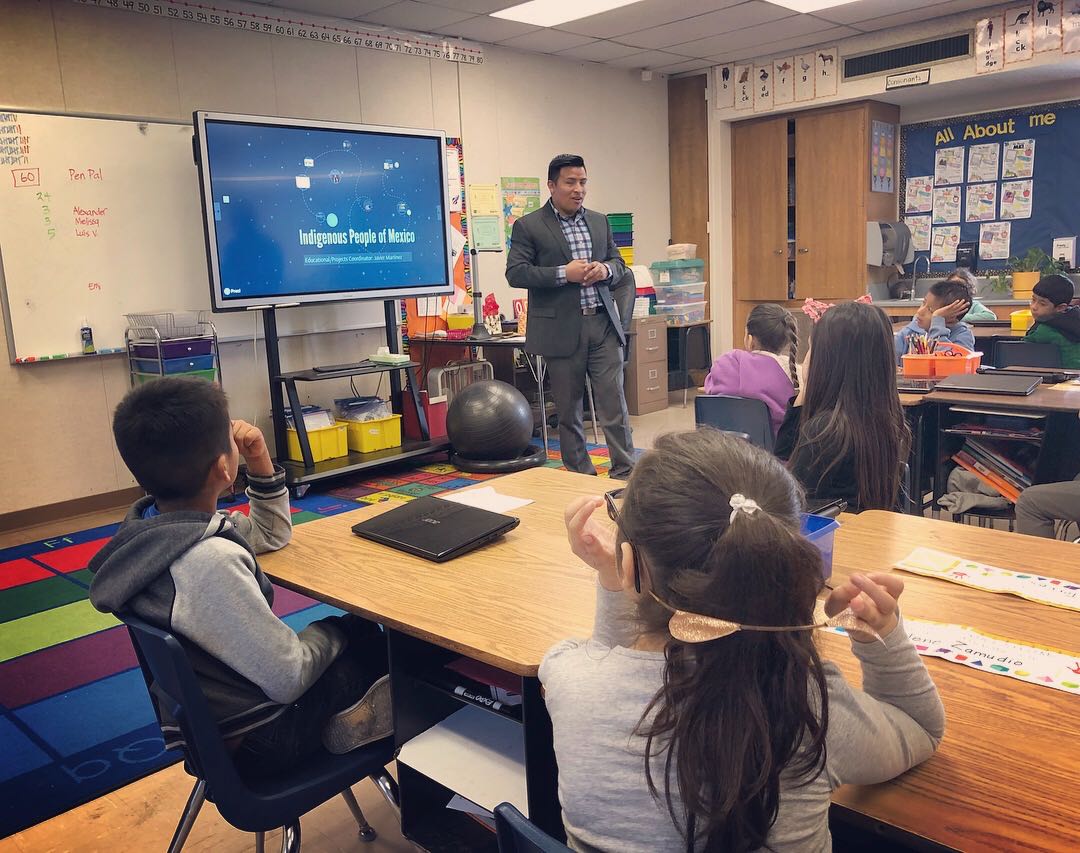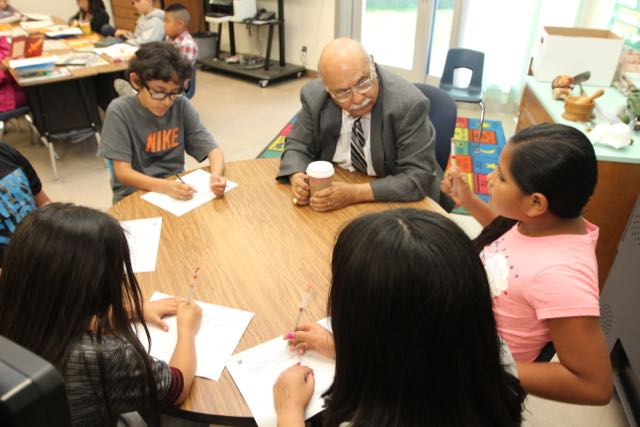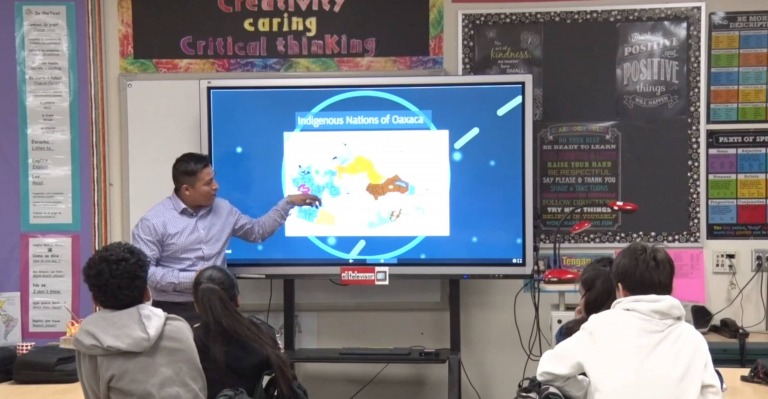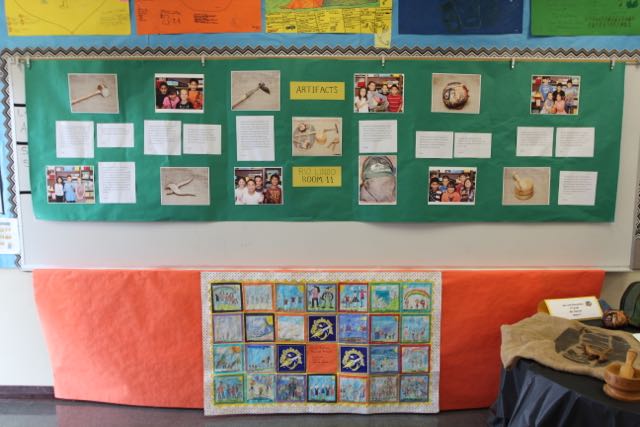The History Harvest Project: School Year 2016- 2017
Students in the Rio School District are learning to be researchers, harvesting artifacts, conducting family oral history interviews, and engaging with community leaders to learn about the history and culture of our diverse local community. This History Harvest project is part of a Teaching FAIR initiative designed and facilitated by Dr. Jacqueline Reid, Co-Director of Teachers for the Study of Educational Institutions (TSEI) as part of The Rio Indigenous Project (TRIP) and in collaboration with Dr. Joe Mendoza, Director of Special Populations Educational Support Department at the Ventura County Office of Education (VCOE) and the Mixteco/Indigena Community Organizing Project (MICOP). Created by The University of Nebraska-Lincoln Department of History for undergraduate students, and transformed into K-8 curriculum by Dr. Reid, the History Harvest project is an invitation to people to share their local historical artifacts, and their stories, for inclusion in a unique digital archive of what is known as “the people’s history.”
Background of History Harvest at Rio School District:
The project was first piloted three and a half years ago by then 5th grade teacher,
Mr. Augustine Garcia at Rio Real Elementary School and currently now teaching at Rio Vista Middle School, facilitated by Dr. Reid, and with the valuable support of the school’s principal, Dr. Maria M. Hernandez. Dr. Reid provides a mentorship opportunity for teachers to develop this inquiry-based design project that supports the History-Social Science Content Standards, the Resolution for Respect for Indigenous Peoples, the Common Core State Standards, and the mandated FAIR Education Act (SB48).
In a short period of time, the program has grown organically to include more teachers participating across four different schools in the district. Two years ago, 5th grade teacher, Ms. Katie Auerbach, who replaced Mr. Garcia when he moved to Rio Vista Middle School, decided to launch the program in her classroom. She saw an immediate positive impact of the project as it provided a space to develop a more inclusive classroom that supports the diversity in all students. She stated, “I’m also seeing it (positive impact) on the playground as well…I’m getting a general consensus the other students see the Mixteco students now in a new light, and that it’s “cool” to speak or be able to understand Mixtec.” Ms. Auerbach continues to implement the History Harvest project in her classroom.
NEW this year!
Rio Real Elementary School: Dual Immersion Academy
This year Mrs. Jacqueline Leal’s Spanish only 5th grade LA (language arts) classes have been implementing the History Harvest program. Mrs. Leal has been working with
Dr. Reid in co-constructing the lessons and translating them into Spanish. She has been pleased with her students’ take up of the academic skills relational to the project. She appreciated having Dr. Mendoza present to her class stating, “Both of my classes did an excellent job and Dr. Mendoza’s presentation was amazing.”
Rio Lindo Elementary School
Mrs. Sylvia Contreras, 2nd Grade teacher at Rio Lindo Elementary School, was the first teacher to pilot the program at Rio Lindo. She states, “I believe that my students have developed a respect for the diversity of others. They feel empowered, proud, more knowledgeable of their own culture, and that of the Mixtec culture…I have acquired first-hand knowledge and experience of the Inquiry-Based Learning Project… process; the planning, preparation, and successful implementation…”
This school year, the Principal Veronica Rauschenberger has supported the development of a second grade 4-teacher team to participate in the project that consists of returning teacher and lead, Mrs. Sylvia Contreras along with Mrs. Nancy Pearson, as well as two new teachers to the school, Mrs. Camille Izvarin and Ms. Watson. A new focus this is year is the team’s effort to explore ways to extend the academic skills learned in these lessons into the ELD (English Language Development) time period in the classrooms.
Rio Vista Middle School
The History Harvest project has been launched in Mrs. Mireya Chavez’s
4th and 6th period ELD classes at Rio Vista Middle School. This middle school project supports the Common Core State Standards and also links to English Language Development standards. The students are engaging in family history interviews, but also developing summaries of these family histories to be included in a new “book publishing” component of the project to treasure for years to come. This project encourages inquiry processes while engaging in complex language use around listening and writing as well as powerfully fostering intergenerational and community bonds. Thus, developing a growing historical expertise–diverse and inclusive—helping to frame the foundation for the development of their historical and social consciousness.
Please follow the History Harvest Project Gallery and Blog to learn about more about the different aspects of the program.

